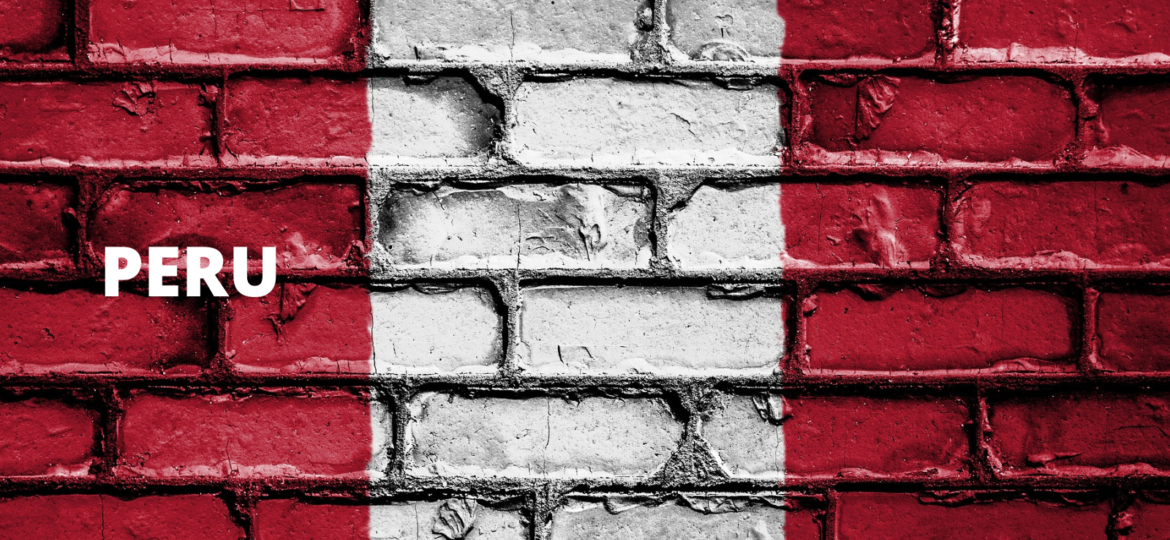
ProtectDefenders.eu has received concerning information regarding the judicial harassment of, and lack of protective measures for environmental rights defenders in Peru.
On 12 August 2022, a public trial started against six environmental rights defenders and members of the Frente de Defensa Salvemos Chaparrí (Save Chaparrí Defense Front) on the unsubstantiated charge of “altering the environment or landscape”. This trial could result in a four-year prison sentence.
Hermenegildo Torres Perales, Porfirio Torres Perales, Segundo Fabián Culqui Mendoza, Dociteo Tafur Díaz, Américo Laboreano Ramos and Juan de Dios Carrasco Fernández are members of the Campesino community Muchik Santa Catalina de Chongoyape, the Frente de Defensa Salvemos Chaparrí and the Asociación para la Conservación de la Naturaleza y Turismo Sostenible Chaparri (Association for the Conservation of Nature and Sustainable Tourism) dedicated to the conservation and protection of the nature reserve “Área de Conservación Privada Chaparrí”. The Chaparri Reserve was recognised in 2001 as the first Private Conservation Area (ACP) in Peru, with the aim of protecting more than 34,000 hectares of tropical dry forests and endangered animals, such as the Andean bear and the white-winged turkey.
On 27 January 2021, the six defenders learned through the local press and social networks that the Specialised Provincial Prosecutor’s Office for Environmental Matters of Lambayeque had opened an investigation against them.
The criminalisation of the six defenders is part of an alarming pattern of violence against the legitimate work of the Frente de Defensa Salvemos Chaparrí and the Comunidad Campesina Muchik Santa Catalina de Chongoyape. Over the years, members of the community have reported being targets of harassment, verbal and physical violence, surveillance, arbitrary separation from the community and death threats by organised criminal groups dedicated to land grabbing, in retaliation for their opposition to the interests of those seeking to build dams in a protected territory.
Despite the fact that since March 2018 the Ministry of Interior and the Ministry of Justice recognised the defence work of the members of the Frente de Defensa Salvemos Chaparrí and granted personal protection measures in their favour, environmental defenders continue to face a serious escalation of risks in retaliation for their work from unknown entities. The criminalisation of environmental rights defenders seeks to hinder their valuable work in defence of environmental and land rights in the country and reiterates its concern at the discouraging message this sends to those carrying out human rights work in Peru.
Furthermore, in July 2022, the Foreign Relations Commission of the Peruvian Congress decided in July 2022 not to ratify the Escazú agreement, which would provide land and indigenous rights defenders with the necessary protection to continue carrying out their work without fear of reprisals. In a country where at least 19 land and indigenous rights defenders have been killed since March 2020, this refusal to ratify and implement the agreement opens the door to more murders of indigenous rights defenders by mafias linked to mining, illegal logging and trafficking of their lands.
Peru ranks 77 on RSF’s 2022 World Press Freedom Index. Although press freedom is guaranteed under Peruvian law, journalists are frequently intimidated through judicial harassment. Investigative journalism tends to disappear and disinformation is on the rise. Journalists are poorly protected by security forces, who even tend to attack them themselves. In addition, verbal and physical abuse by political activists against journalists increased.


